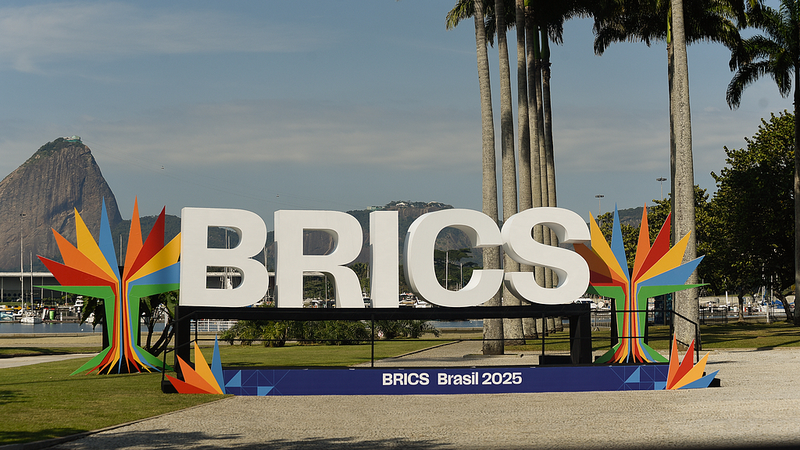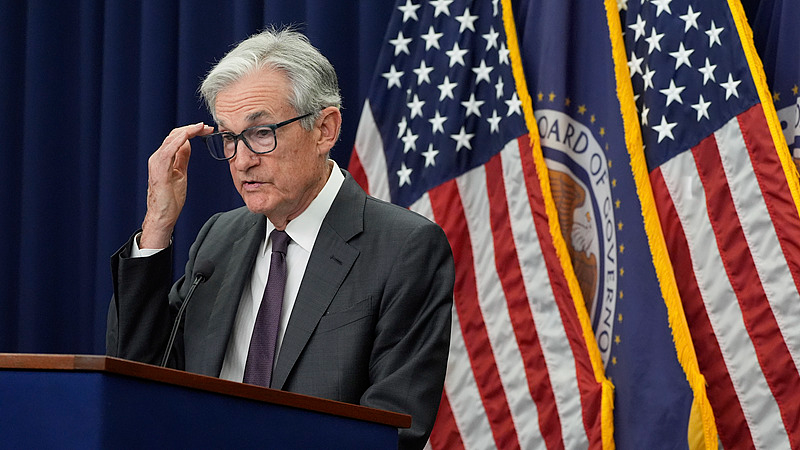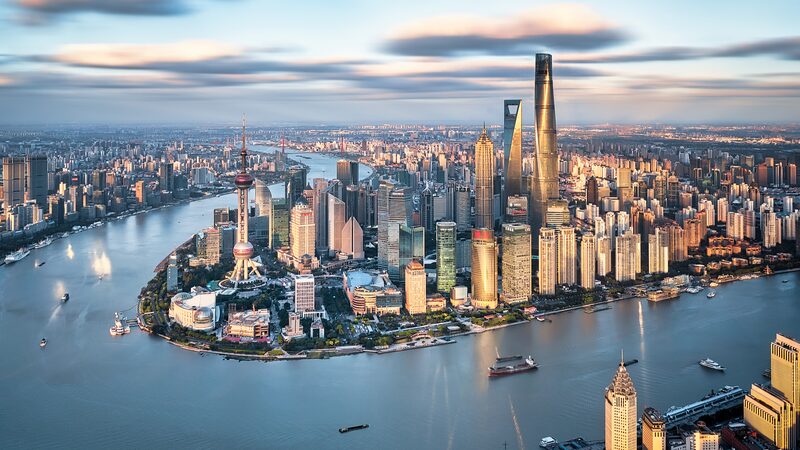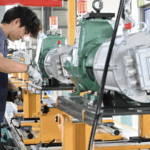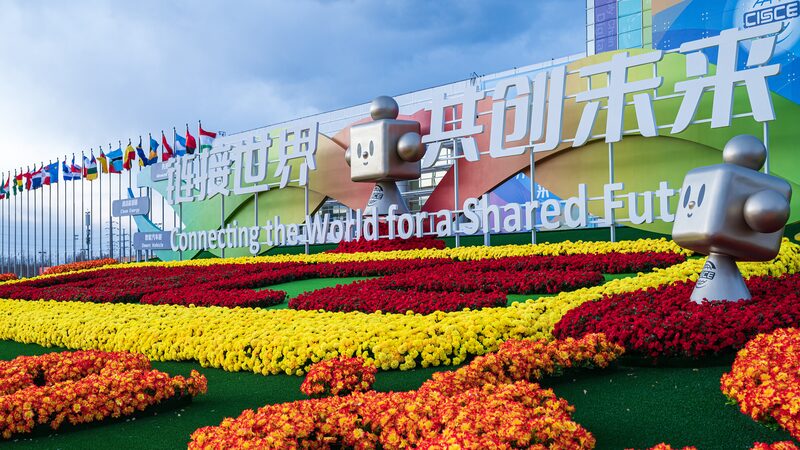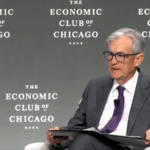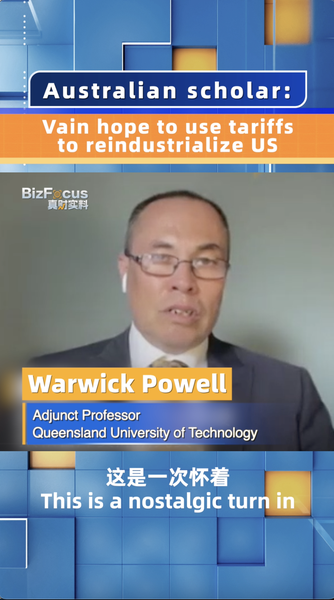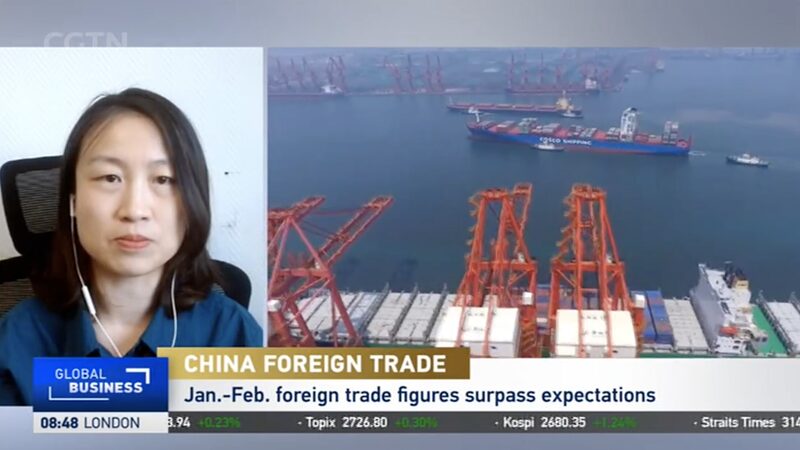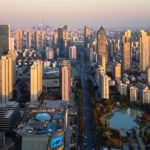As global power dynamics undergo seismic shifts, Asia is increasingly positioned as a pivotal player in shaping a multipolar world. Warwick Powell, adjunct professor at Queensland University of Technology, argues that diminishing American influence has created space for Asian economies and political systems to redefine international norms.
Economic Realignment and Regional Integration
Asia's economic resilience, driven by innovation hubs like Shenzhen and collaborative frameworks such as RCEP, offers alternatives to Western-centric trade models. Investors eye opportunities in green technology and digital infrastructure, while supply chain diversification strengthens regional autonomy.
Political Diplomacy and Strategic Partnerships
From the Chinese mainland's Belt and Road Initiative to India's Indo-Pacific engagements, Asian nations are crafting alliances that prioritize development over ideological alignment. Cross-strait ties remain a focal point, with analysts noting evolving economic interdependencies across the Taiwan Strait.
Cultural Soft Power in a Connected Era
K-pop, Bollywood, and Chinese tech innovations underscore Asia's cultural ascendancy. This soft power, coupled with growing academic exchanges, positions the region as a thought leader in addressing global challenges like climate change and AI governance.
While uncertainties persist, Powell suggests Asia's ability to balance tradition with modernity may hold the key to stabilizing an increasingly fragmented world order.
Reference(s):
cgtn.com
